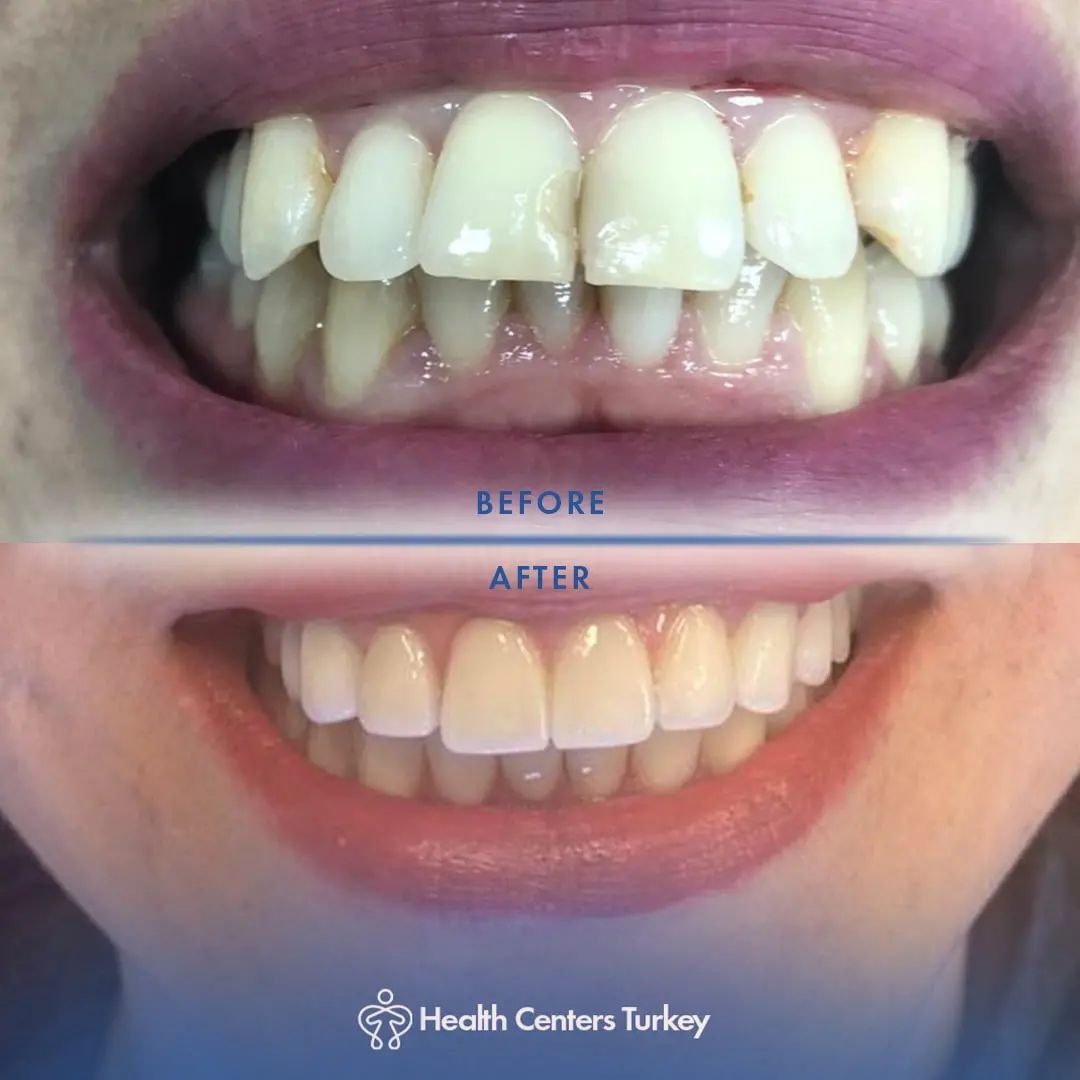Your Destination for Quality Dental Care at Affordable Prices
Your Destination for Quality Dental Care at Affordable Prices
Blog Article
The Place for Quality Dental Care at Affordable Prices
Dental implants have become a well-liked resolution for those seeking to replace missing teeth. Understanding how these implants can have an effect on adjacent teeth is important for anybody considering this process, as well as for dentists and specialists involved in dental care.

One significant aspect is that dental implants are designed to be anchored into the jawbone, which suggests they are impartial of adjacent teeth. Unlike dental bridges, which often require the alteration of neighboring teeth, implants can fill the gap with out compromising the health or structure of those surrounding teeth.
This independence helps keep the integrity of adjacent teeth. When a tooth is misplaced, there is normally a natural tendency for neighboring teeth to tilt or shift into the empty house. Such movement can lead to misalignment, which can affect chew and overall oral health. By putting an implant, you successfully prevent this potential shift, promoting higher alignment in the long term.
Remarkable Transformation from Dental Treatments in Turkey
Additionally, dental implants assist keep bone density within the jaw. A natural tooth root offers stimulation to the encompassing bone, preserving it wholesome and strong. When a tooth is missing, the bone can start to deteriorate because of lack of stimulation. With a dental implant mimicking a natural root, bone loss may be minimized, which indirectly advantages adjacent teeth by preserving the overall structure of the dental arch.
While dental implants are advantageous, improper placement can impression neighboring teeth. If an implant is positioned too close to a different tooth, it could exert undue strain on that tooth, resulting in discomfort or potential injury. Proper planning and imaging techniques are essential for avoiding such points.
Transform Your Smile with Innovative Dental Solutions
Moreover, sustaining good oral hygiene is crucial after receiving an implant. If not correctly cleaned, surrounding teeth may turn out to be prone to dental issues corresponding to decay or gum disease. This underscores the importance of diligent oral care following the procedure to make sure both implants and adjacent teeth remain wholesome.
Regular dental check-ups are also very important for monitoring the health of surrounding teeth. Dentists can establish any shifts or potential problems early, allowing for timely interventions. This proactive method ensures that both the implant and adjacent teeth can coexist without problems.
Highly Rated Dental Treatments for Local Patients in Turkey
Another consideration is the impression of implants on chew drive. When a single tooth is missing, the load of chewing could shift to adjacent teeth, probably leading to put on or strain. Implants restore correct bite dynamics by redistributing forces within the mouth, which can shield surrounding teeth from undue stress.
Some sufferers may raise considerations concerning the appearance of dental implants. Well-placed implants can mix seamlessly with existing teeth, enhancing overall aesthetics. In contrast, failing to switch a missing tooth can result in aesthetic issues, including collapsing of facial structure and modifications in smile dynamics.
It's additionally price discussing the psychological features of dental health. Experiencing tooth loss can adversely affect one’s vanity and willingness to have interaction socially. By restoring your smile with implants, you possibly can positively influence not only your oral health but in addition your emotional well-being.
Long-term success of dental implants usually hinges on varied components, together with the patient's health, maintenance habits, and the quality of the initial process. If adjacent teeth are wholesome and correctly cared for, the likelihood is that they may proceed to thrive alongside the implants.
Learn About All-Inclusive Dental Services that Save You Money
In conclusion, dental implants play a vital role in not just restoring individual smiles, but in preserving the health and structure of adjacent teeth. By preventing shifting, maintaining bone density, Continued and redistributing bite forces, implants can make positive that surrounding teeth stay in optimal condition. Proper placement, hygiene, and regular dental visits can further enhance the benefits of dental implants, resulting in a more healthy, more confident smile for years to return.
- Dental implants might help keep the alignment of adjacent teeth by providing a stable anchor, preventing adjacent teeth from shifting into the gap left by a missing tooth.
- The presence of an implant may stimulate bone growth in the jaw, helping to protect the general structure and integrity of the adjacent teeth.
- Unlike traditional bridges, implants don't require alteration of surrounding teeth, thus preserving their energy and anatomy.
- Implants can improve the distribution of chew forces evenly across the dental arch, reducing the stress on neighboring teeth during chewing.
- A well-integrated dental implant can decrease the chance of bone loss within the area surrounding adjacent teeth, contributing to their long-term health and stability.
- The aesthetics of adjacent teeth can be improved as a end result of help provided by implants, which can result in higher general cosmetic outcomes.
- With correct placement, dental implants can prevent gum recession round adjacent teeth by maintaining adequate dental architecture.
- Implants may help mitigate the risks of periodontal disease in close by teeth by promoting healthy gum tissue and offering a washable surface.
- Long-term success of dental implants can lead to improved oral hygiene routines, which in flip advantages the health of surrounding teeth.
- The improved useful ability of an implant can encourage patients to chew extra effectively, thus increasing saliva manufacturing and aiding within the protection of adjacent dental tissues.undefinedHow do dental implants have an result on adjacent teeth?
What are dental implants and the way do they interact with adjacent teeth?undefinedDental implants are artificial tooth roots which are surgically positioned into the jawbone. They provide a steady foundation for replacement teeth while guaranteeing minimal disruption to adjacent teeth, preserving their integrity and alignment. Life-Changing Dental Care Experiences for Travelers.
Innovative Techniques in Dental Implants in Turkey
Can dental implants trigger problems for close by natural teeth?undefinedGenerally, dental implants don't hurt adjacent natural teeth. However, if the implant just isn't placed correctly or if there’s inadequate oral hygiene, it could lead to problems such as adjacent tooth decay or gum disease.

Will getting a dental implant change the way in which my adjacent teeth feel?undefinedMost patients report no change in the sensation of adjacent teeth after implant placement. However, it could take a while to regulate to the presence of the implant, much like how one might adapt to different dental restorations.
Can dental implants help preserve the health of adjacent teeth?undefinedYes, dental implants can help maintain the health of adjacent teeth by stopping bone loss that may happen after tooth loss. This preservation supports the alignment of nearby teeth, reducing the chance of shifting or misalignment.
Remarkable Transformation from Dental Treatments in Turkey
Do I want to switch adjacent teeth when getting an implant?undefinedTypically, adjacent teeth don't need alteration when placing an implant. This is one of the advantages of dental implants over conventional bridges, which frequently require reshaping adjacent teeth for support.
How does the therapeutic strategy of an implant affect nearby teeth?undefinedThe healing course of entails osseointegration, the place the implant fuses with the jawbone. During this time, adjacent teeth remain unaffected and retain their function, although it’s essential to follow post-operative care recommendations. Discover Your Path to a Beautiful Smile with Professional Dental Care.
Search for Your Perfect Dental Clinic in Turkey for Aesthetic Procedures
Can dental implants lead to bone loss round adjacent teeth?undefinedIf dental implants are placed properly and cared for adequately, they want to not result in bone loss around adjacent teeth. In truth, they may help stimulate bone growth, combating the natural bone loss that usually follows tooth extraction.
What precautions ought to I take to protect adjacent teeth after getting an implant?undefinedRoutine dental hygiene, together with brushing and flossing, along with common dental check-ups, is essential. Avoiding hard meals and following your dentist’s aftercare instructions may even shield each the implant and adjacent teeth.
Is it widespread for adjacent teeth to shift after an implant is placed?undefinedIt's not typical for their website adjacent teeth to shift after an implant placement, especially when the implant is positioned correctly and maintained correctly. If there’s any movement, it could be as a end result of different underlying issues that must be evaluated by a dental skilled. Report this page